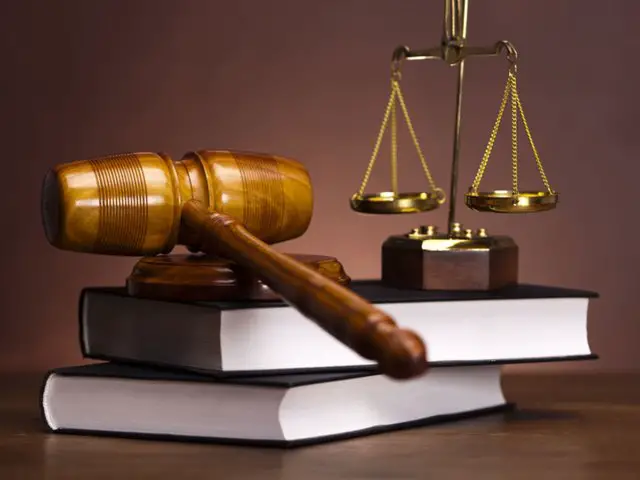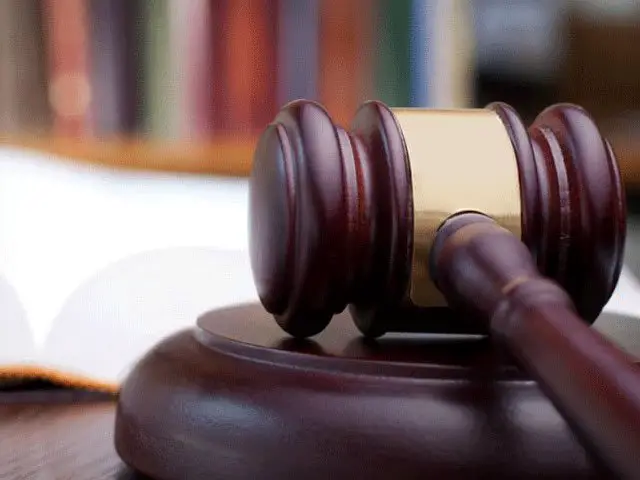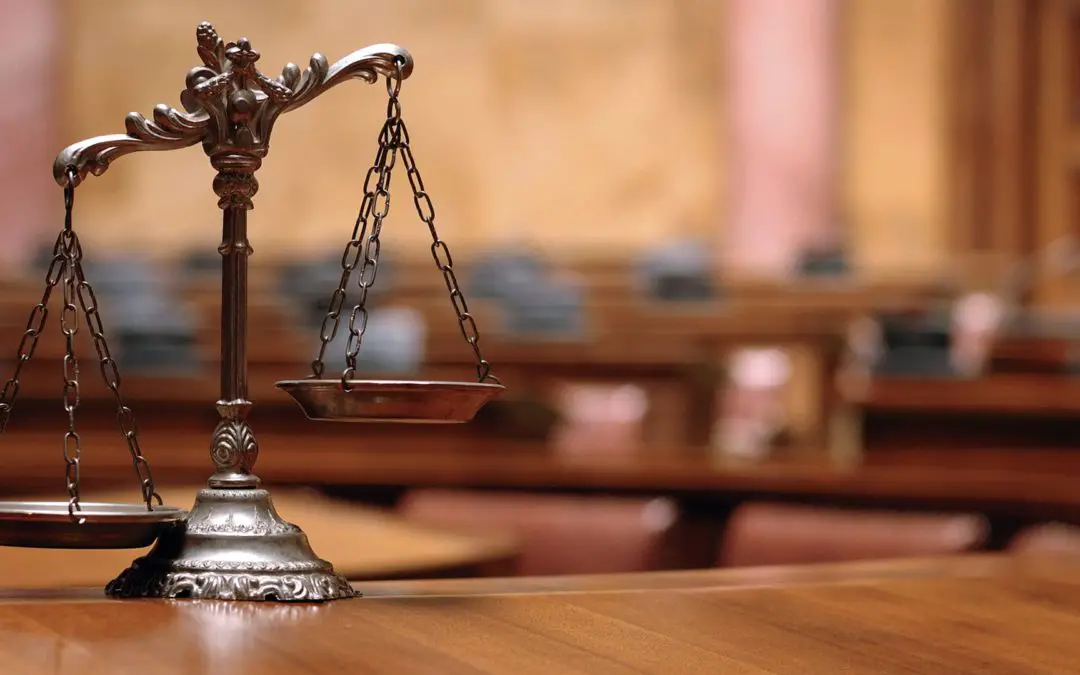Every case will have a plaintiff who reports the issue against another person for a violation of law or criminal offense. These common people will always need attorneys to help them through the hard phases. Litigators, also known as trial lawyers or litigation attorneys, represent defendants or plaintiffs in a civil lawsuit. These litigators manage all stages of the litigation, including the investigation, pre-trial, trial, pleadings, appeal, and settlement for as long as the case remains open. Experience of the attorney, nature of the dispute, and the representation will determine the task that they get assigned.
Every litigation lawyer should have achieved a Juris Doctor degree from a law school to practice in their country with a valid license. The four-year degree, along with the three years at law school, is required for a lawyer to qualify as a litigator. After completing the bar exam, the attorneys have to admit themselves to the bar in the area they want to practice.

Responsibilities
1. Initial Case Investigation
An initial investigation has to be conducted by the litigation attorneys to determine whether enough evidence is available to file a lawsuit for the plaintiff. When the lawyer works for the defendant, an assessment of the evidence has to be done to look for the right opportunities to defend a potential suit against the client. They will have to locate witnesses, gather documents, take statements of witnesses, and investigate facts of the dispute.
2. Pleadings
Defense attorneys would usually draft counterclaims or answers in response to the complaint of the plaintiff, whereas the plaintiff attorney will draft a summons to initiate a lawsuit. The defense attorneys will have to work with their clients to investigate the accusations related to the lawsuit to formulate proper responses.
3. Discovery Process
Discovery devices are employed by the litigation attorneys to gain information regarding the exchange of all relevant information between the two parties. These could include a questionnaire for the opposite party, interrogatories, and depositions with oral questions. Physical evidence also has to be examined and collected by the litigation attorneys when making an electronic discovery. All stages in the discovery process will help the attorney in gathering relevant information to formulate an effective case strategy.
4. Pre-Trial and Trial Tasks
The lawyers will have to prepare for court in the weeks preceding trial by advising clients, retaining expert witnesses, attending pre-trial conferences, and developing strategies that work for the trial based in the evidence and facts available.
Litigators will have to work with the clients and experts to craft an effective trial theme. They will also have to identify the weaknesses and strengths of a case and prepare well-structured templates for the testimonies of witnesses and clients by developing persuasive arguments.

5. Settlement
Litigators should have the ability to make for great settlement options outside the court and can do so at any time during the period of the lawsuit. More than 60% of the cases do not reach trial as the plaintiffs settle for certain conditions set by the litigators.
6. Appeal Process
An attorney can appeal the case to the court for the trial going badly by presenting substantial evidence for the same. Litigators will have to identify issues for the appeal, draft post-trial motions, gather evidence for the record of appellate, develop strategies for the appellate, and draft documents for the process.

